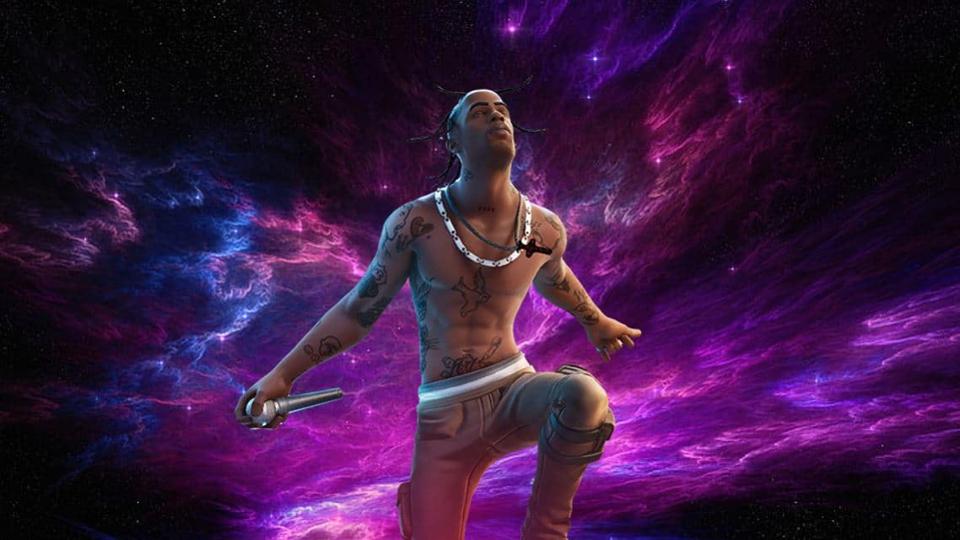The Uniting Power of Music During Isolation
And what it should mean for brands
The world as we know it has turned on its head.
Never have we known a time when such huge swathes of society have been shut down, with governments across the globe enforcing lockdowns on their people in order to slow the spread of Covid-19.
Yet amongst the chaos and uncertainty, people around the world remain united in a single goal. And despite many feeling the effects of isolation, from anxiety to loneliness, we are witnessing the enormous power of music and sound to calm, unite and connect us, even when we cannot be together.
The universal power of music.
In the U.K., the national clap for the NHS, carers and key workers has become a weekly moment of national solidarity and pride, with households up and down the country standing on doorsteps, clapping, cheering and banging pots and pans to show their unending gratitude and appreciation to frontline workers. The sounds are reverberating around the streets, closes and alleyways of the country and bringing us closer, if only sonically, to our neighbors, friends and family.
Meanwhile, across Europe we have seen Italians singing from balconies in an effort to boost morale, and Spanish guitar players soothingly serenading their neighbors. Even as far afield as Wuhan, residents were seen chanting from their balconies in order to raise spirits and engender a feeling of solidarity.
These are just some of the examples where music and sound have signaled a sense of community and togetherness, a revival of sentiment that has arguably been missing in Britain for some time. It speaks to the wartime spirit referenced by Her Majesty the Queen in her address to the nation, emphasising the notion that we are all in this together, and that, by working together, we will win this war. Even in isolation, sound is able to reach round corners and remind us of this.
According to American musician Billy Joel, music is “an explosive expression of humanity. It’s something we are all touched by. No matter what culture we’re from, everyone loves music.”
Music also has distinctive healing qualities, with a number of studies showing it can benefit mental health. In 2011, for example, researchers from McGill University in Canada found that listening to music boosts the amount of dopamine produced in the brain—a mood-enhancing chemical, making it a feasible treatment for depression and anxiety. With mental health a key issue facing many Britons today, there is no denying the potential power of music to calm and empower people into a more positive mental state.
New business models.
Within the music and entertainment industries themselves, companies have been diversifying and adapting their business to bring music and sound into people’s homes.
Take Defected Music, which brought its Virtual Festival live from the Ministry of Sound in a 12-hour livestream featuring a host of artists and DJs. As Joey Negro who took part in the festival, commented: “Playing to an empty room whilst thousands watch or listen at home is a surreal experience, but right now anything that lifts people spirits … has got to be a good thing. We can sometimes forget how powerful music can be, add in online interaction between listeners and this was something very positive for all of us.”
Elsewhere, the audio entertainment company Audible has made all children’s books and podcasts free to download, providing valuable support and resources to parents and teachers as they grapple with home schooling.
And let’s not forget the countless musicians and singers, from Chris Martin and John Legend to Charli XCX and Lizzo, who have been streaming live performances online in order to stay connected with their fans. Travis Scott even did a performance inside Fortnite, drawing 12 million viewers to the 15-minute stunt.
Across nations and industries alike, we have seen endless examples of music and sound being deployed, signaling a sense of community and togetherness in a way no other medium can.
It is well recognized that music has the unique ability to evoke different emotions, whether to excite, to enrage, to sooth or to calm us. According to Kim Innes, a professor of epidemiology at West Virginia University’s School of Public Health, music seems to “selectively activate” neurochemical systems and brain structures associated with positive mood, emotion regulation, attention and memory in ways that promote beneficial changes.
And in times of crises, such as today’s lockdown, music is able to affect us emotionally in a way that nothing else really can.
The opportunity for brands.
As we have seen, a number of businesses have adapted their model to bring music and sound into our homes. There is, however, a real opportunity for other brands to use music as a way to connect with their customers, particularly at a time when they are less able to sell products or services. Take O2, or Barclays, for example, both brands with a strong connection to music in their support of live events and festivals. Wouldn’t it make good marketing sense for brands like these to utilize music and sound in order to connect with—and add value to—the lives of their customers as they deal with the impact of Covid-19?
There’s no denying this is a challenging time for all businesses, with sales and growth on the back burner for many. But they can still maintain a connection to customers, and music is one positive way in which they can do this. Put simply, brands that have permission to play in the music industry can—and should—do more.



 Events
Events